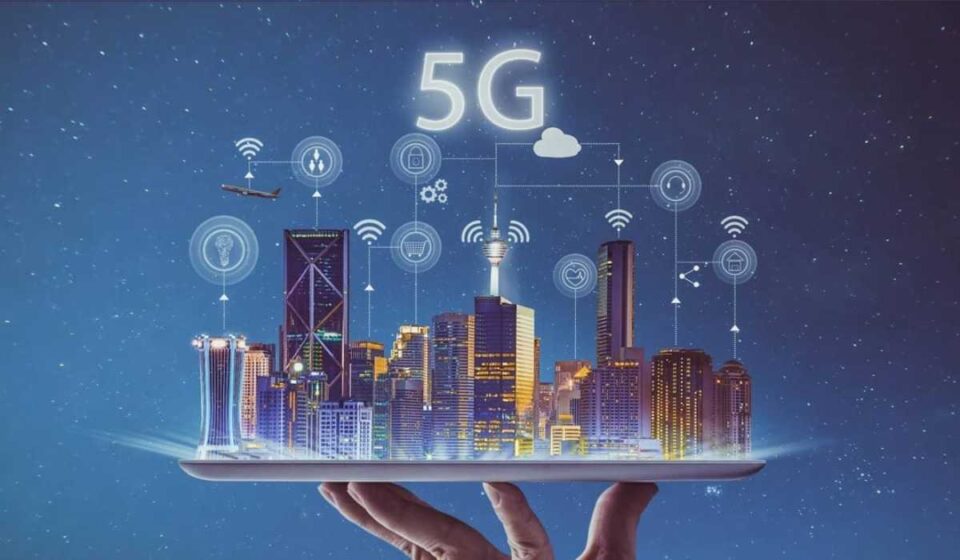5G technology, the fifth generation of wireless communication standards, is poised to revolutionize business operations with its enhanced capabilities. Offering significantly higher speeds, lower latency, and greater capacity than its predecessors, 5G enables seamless connectivity and faster data transmission. This technological advancement supports a range of applications, from enhanced mobile broadband to critical communications and the massive Internet of Things (IoT). By providing a robust and reliable network, 5G technology is set to transform industries, improve efficiencies, and drive innovation.
One of the primary business applications of 5G is enhanced connectivity, which facilitates the seamless integration of IoT devices. This integration allows for the automation and optimization of various processes, leading to increased efficiency and cost savings. For instance, smart factories can leverage 5G to connect machines, sensors, and systems, enabling real-time monitoring and predictive maintenance. Additionally, 5G supports real-time data analytics, providing businesses with immediate insights and the ability to make data-driven decisions. Industries such as healthcare, transportation, and retail can utilize 5G to improve operations, enhance customer experiences, and develop new services.
Several companies are already utilizing 5G technology to gain a competitive advantage. For example, Verizon has deployed 5G networks to enhance its mobile services, offering customers faster speeds and more reliable connections. In the manufacturing sector, Siemens is leveraging 5G to create smart factories with connected devices that communicate in real time, improving productivity and reducing downtime. Similarly, healthcare providers are using 5G to enable telemedicine services, allowing for high-quality video consultations and remote patient monitoring. These case studies illustrate how 5G can drive innovation and operational efficiency across various industries.
Despite its potential, the implementation of 5G technology presents several challenges. Building the necessary infrastructure requires significant investment, as 5G networks rely on a dense deployment of small cells and fiber optic connections. Additionally, security concerns are paramount, as the increased connectivity and data transfer capabilities of 5G can create vulnerabilities. Businesses must invest in robust cybersecurity measures to protect against potential threats. Looking ahead, the future prospects of 5G technology include further advancements in AI and machine learning integration, the development of smart cities, and the expansion of augmented and virtual reality applications. As 5G continues to evolve, it will unlock new opportunities and reshape the business landscape, driving growth and innovation.


